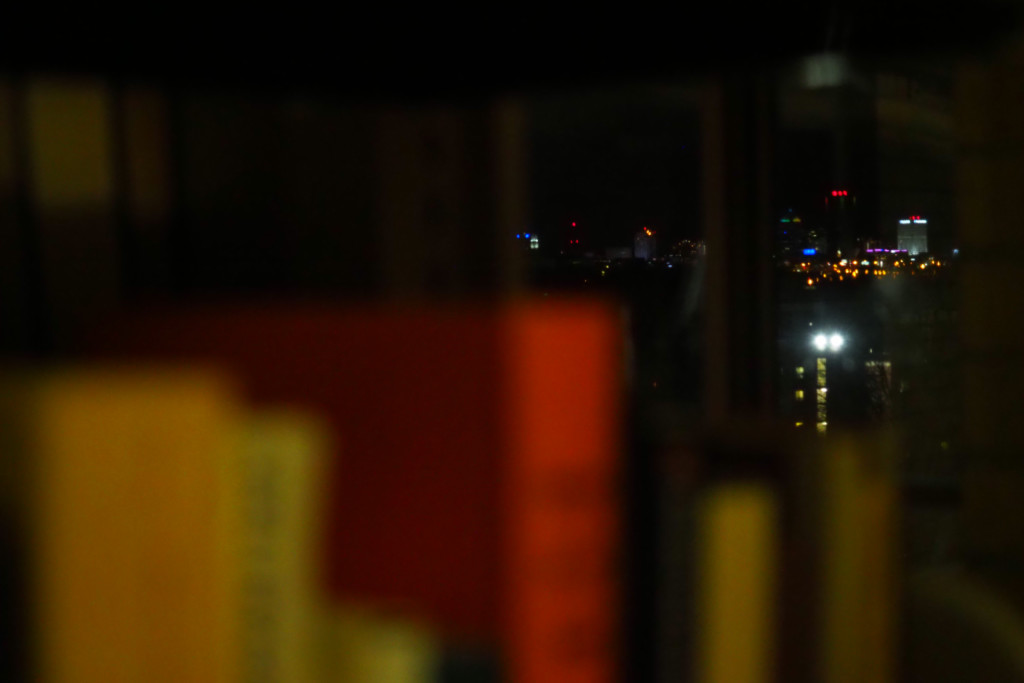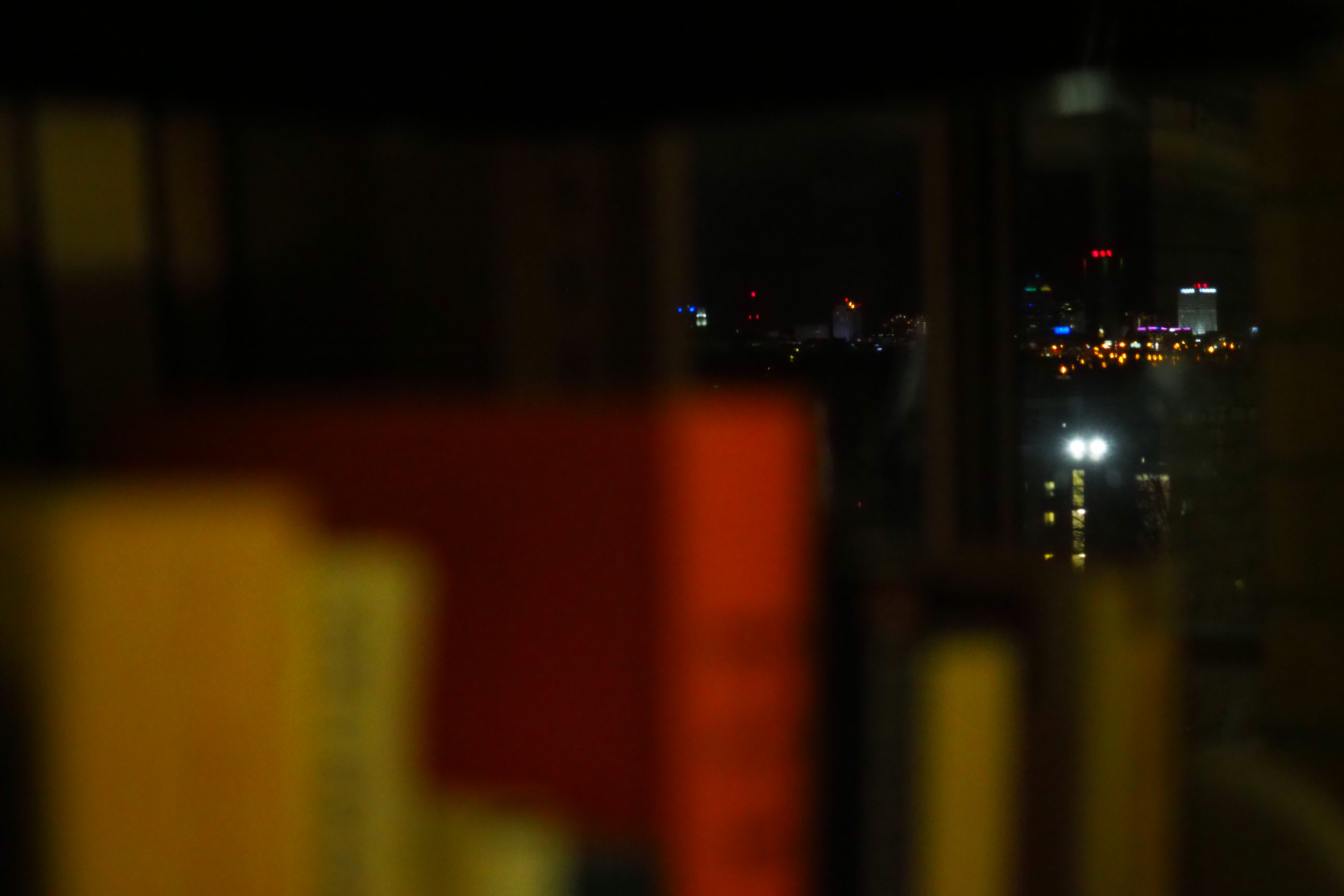Immediately after Derek Chauvin was found guilty of murdering George Floyd this past Tuesday, University President Sarah Mangelsdorf sent out a mass email. Her opening line reminded everyone that “[UR] is committed to being an antiracist institution.”
Are we? The University is definitely an institution, and certainly loves to claim they’re working to be anti-racist. But improving your image by paying lip service to helping underserved communities does nothing to actually help those communities.
This specific instance of hypocrisy is part of a larger theme: UR is an institution that occupies the community rather than participating in it, regularly pushing out fake-woke communications that claim otherwise.
Admittedly, UR has launched many positive initiatives for the greater Rochester area, which should be applauded and encouraged. They rescued East High School from closure and vastly improved its graduation and suspension rates. They’ve committed to a $15/hour minimum wage by Dec. 2022. The Rochester Education Justice Initiative gives incarcerated people a chance at a higher education. All of these moves better the community and, by extension, better the University in a variety of ways.
What the University needs to realize is that its reputation is directly tied to the reputation of the city. Investing in the community, even when it doesn’t directly or immediately give UR a return, can improve the University’s prestige, resources, and influence.
What we have now is an institution that has too often chosen to implement its investments in the suburbs. For example, their massive $240 million Orthopaedics Center, the largest capital investment in the University’s history, will be at the Marketplace Mall in Henrietta.
Even if none of the empty buildings in downtown Rochester worked as medical centers, there are other ways to invest in the surrounding community. For example, they could cut upper-level administrators’ bloated wages and allocate that money more evenly among employees, many of whom live in Rochester proper. Skimming a little off the top would leave them with plenty of funding for new programs (preferably in or around the 19th Ward).
The University is a nonprofit and therefore doesn’t have to pay property taxes. But as Professor Stewart Weaver and City Councilor Mitch Gruber argue, it can afford a payment in lieu of taxes to the city, especially given its endowment of nearly $2.5 billion.
While we appreciate UR’s frequent focus on creating global citizens, UR is located in Rochester, N.Y. When the University talks about its future goals, it rarely talks about itself as a local institution.
We can only speak to what we know, and all six members of this Editorial Board have only attended the University. But this problem is not contained here — there is a larger issue in America of colleges closing their gilded gates to their immediate communities and holing themselves up in their ivory towers. Education is inaccessible to many, even those living in the city shared by the University’s name.
But universities have more to offer to their communities than diplomas, like their billion-dollar budgets, hundreds of job opportunities, or the services of their nationally renowned hospitals.
Unless students continue to publicly push for action and accountability, nothing will happen. The University will never change for the better on its own. Take a recent positive change made to better the community: The Department of Public Safety recently announced that trained graduate students will be responding to mental health calls in place of officers. It took the death of Daniel Prude, murdered by Rochester police officers as he underwent a mental health crisis, to make that happen. It took students organizing protests on campus, an abolition coalition, and students shouting (virtually and in person) several demands for even one of those demands to be met.
We’ve written this ed board before, but our concerns keep falling on deaf ears, so we’re going to continue asking for more social responsibility. The University will never act in the best interest of the public without pressure. Left unchecked, UR will act directly against the community if it’s financially convenient.
Xerox left. Kodak is no longer relevant. The University is now the biggest institution in the region. It needs to start giving back to the community that it’s anchored in.
The Editorial Board is a weekly Opinions article representing the view of the Campus Times, co-written by Editor-in-Chief Hailie Higgins, Publisher Ethan Busch, Managing Editors Corey Miller-Williams and Olivia Alger, Special Projects Editor Micah Greenberg, and Opinions Editor Lucy Farnham.


